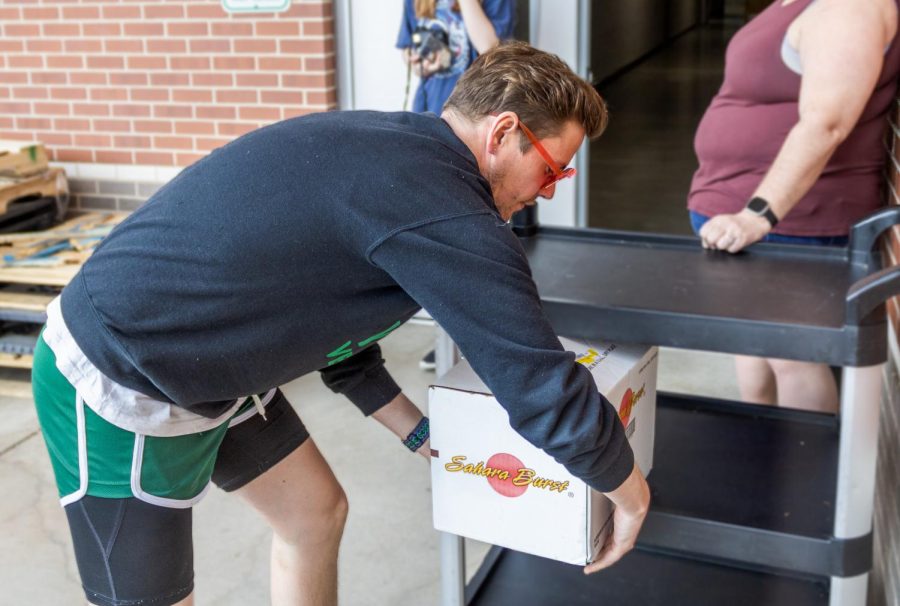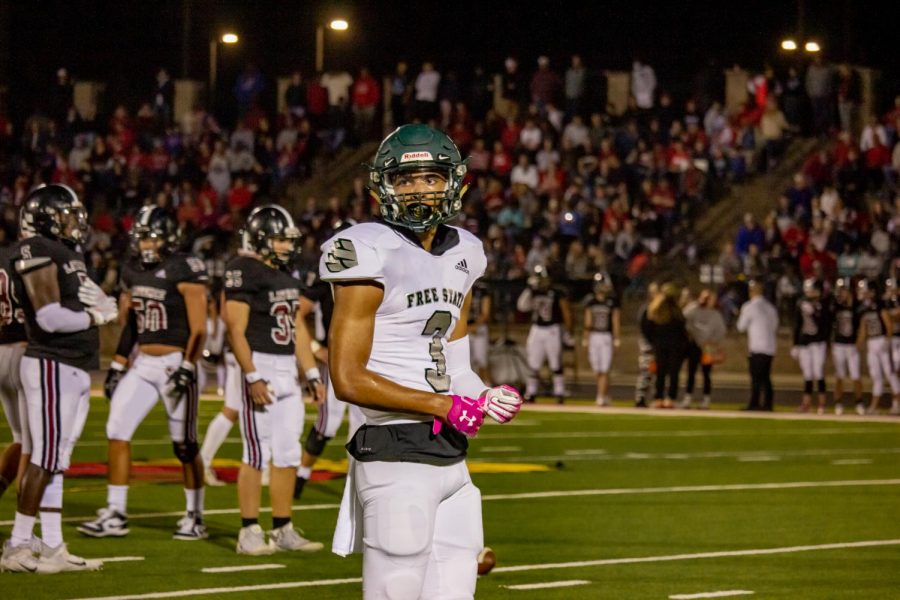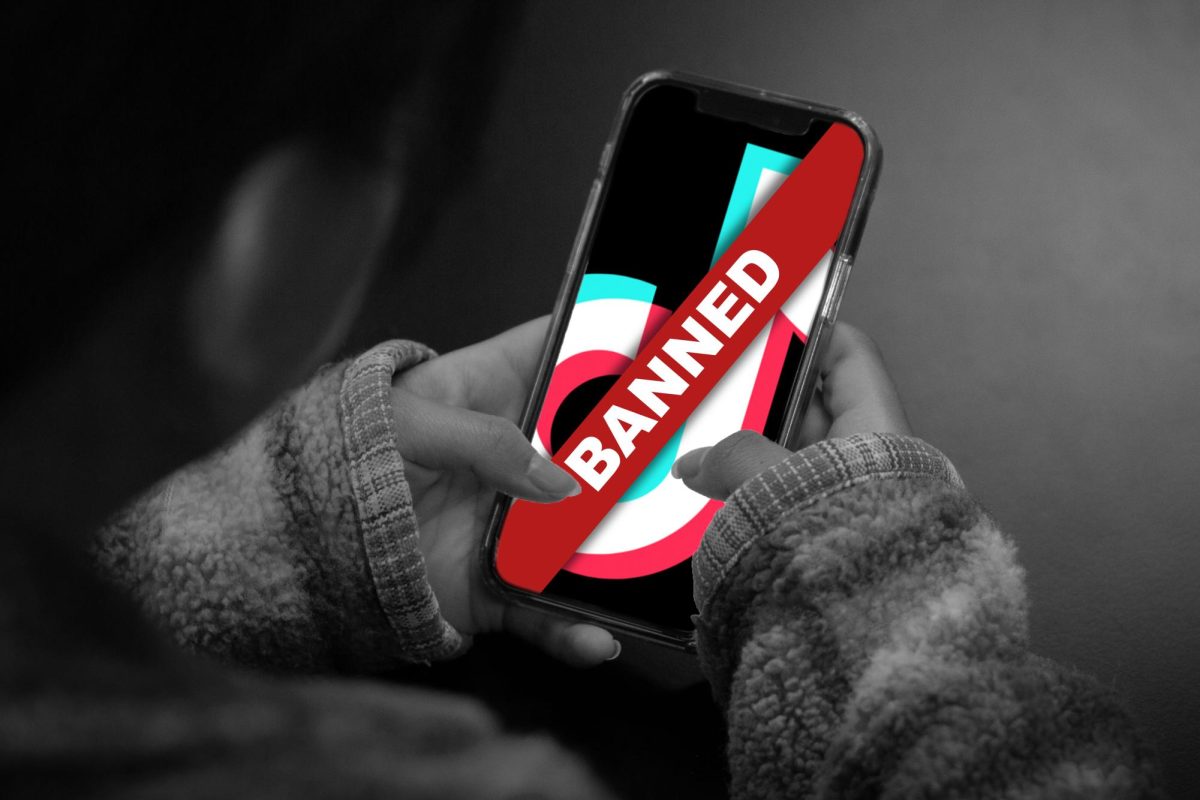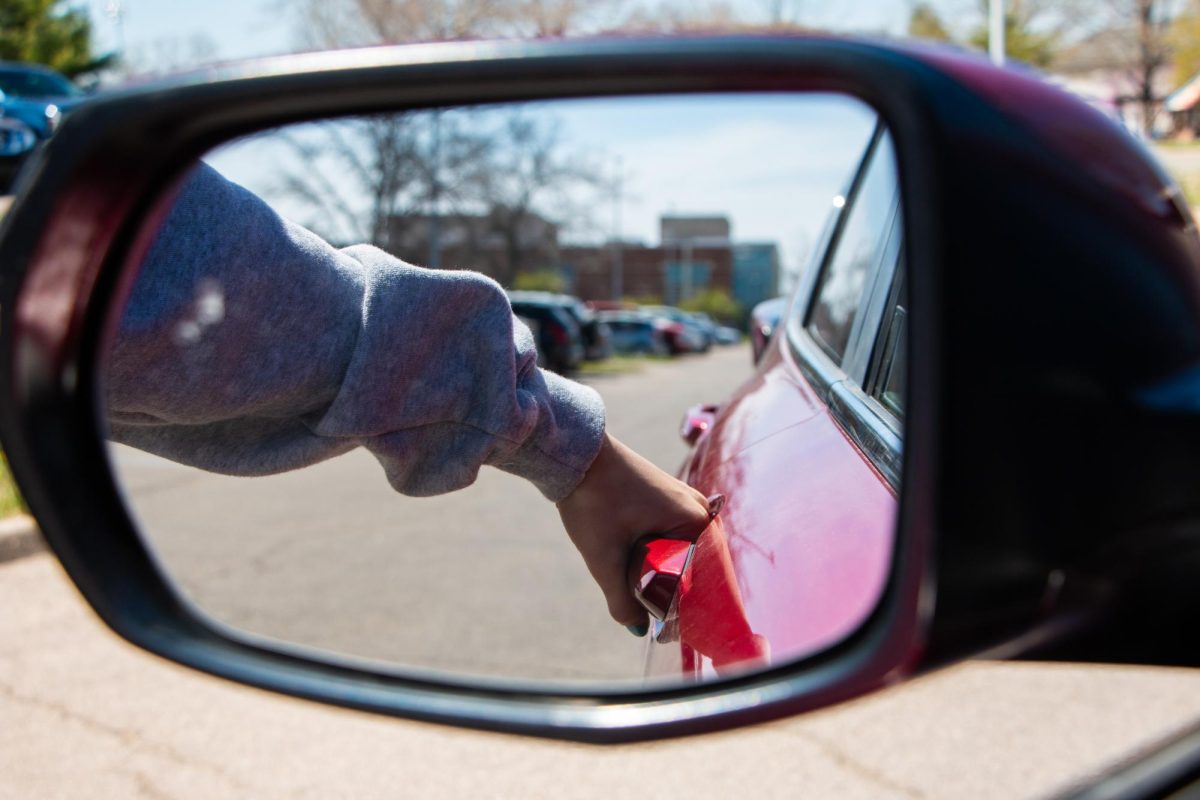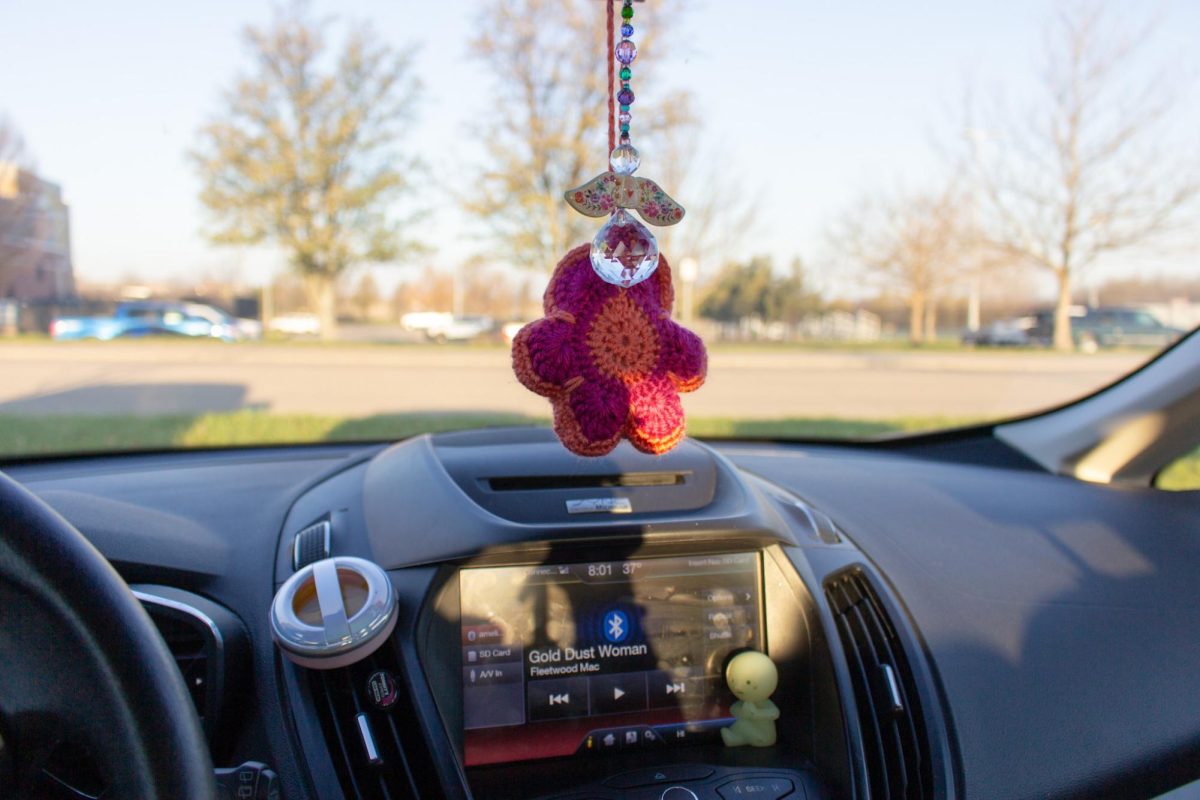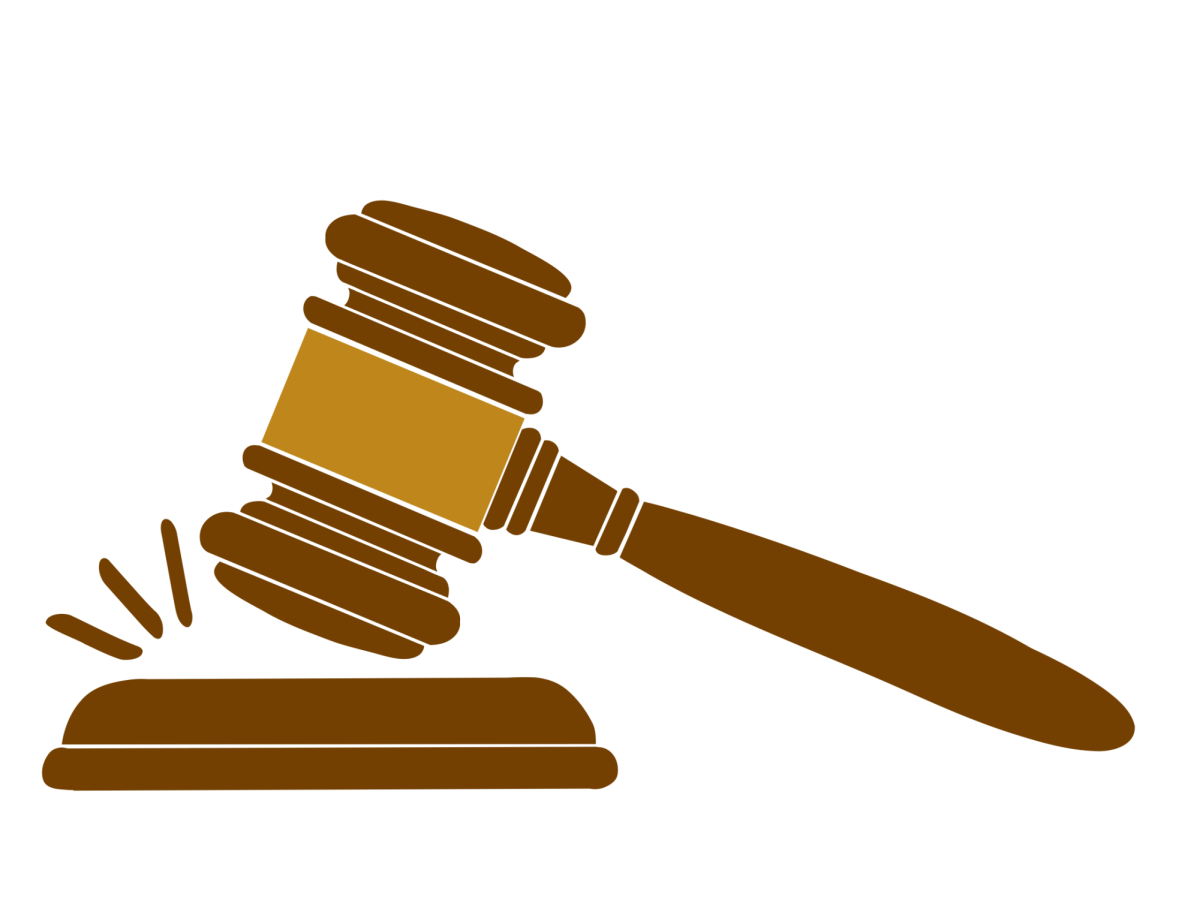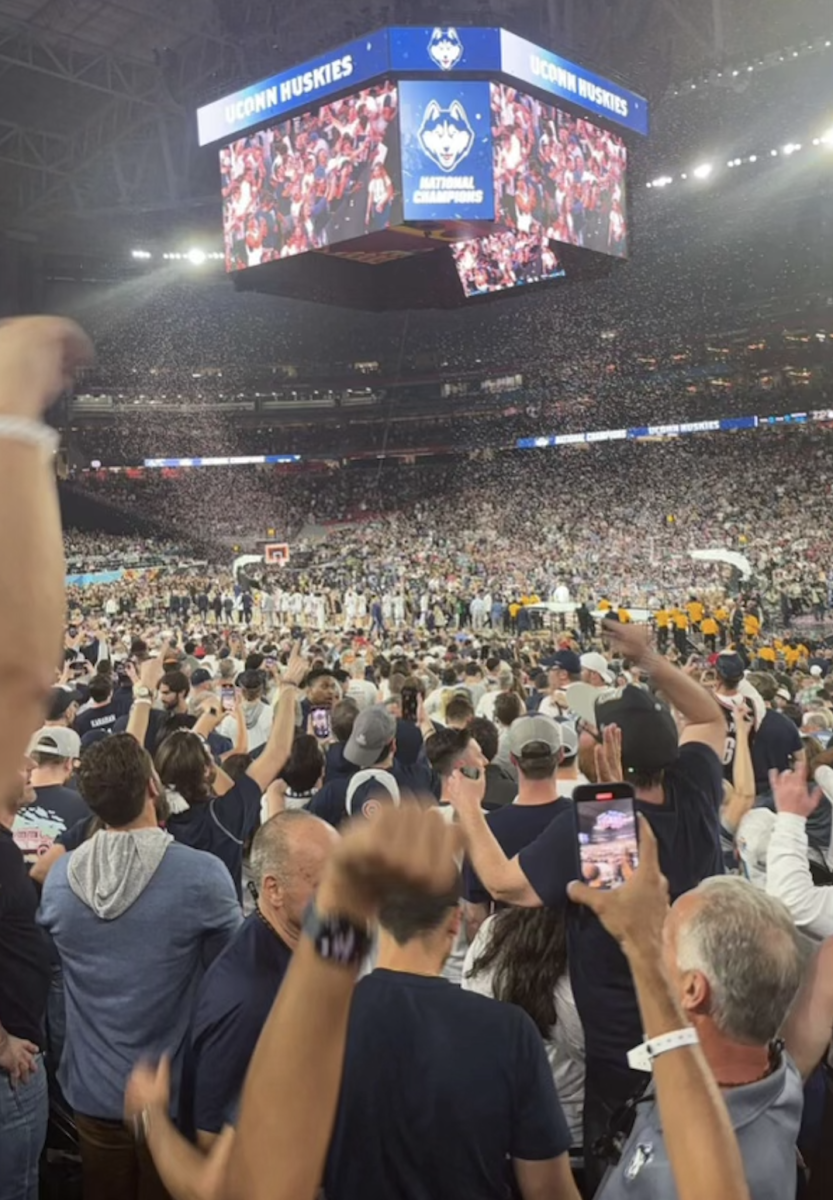Cheating isn’t just for slackers anymore.
With constant evaluation from peers, teachers, parents and coaches, students feel extreme pressure to fulfill expectations.
“[I feel] pressure from everyone to get good grades so [I] can get a scholarship,” a female senior said.
Sometimes, cheating is just too tempting to resist.
“You’re supposed to use all your resources, and students are other resources,” she said.
And often, it’s out of necessity.
“Yes, I’ve looked over at other people’s papers before,” a different female senior said. “I just didn’t know [the answer].”
The student handbook assigns cheating and plagiarism as a Level I offense, but depending on the gravity of the violation, cheating can be punished to the extent of an out-of-school suspension.
“Cheating would be using anything that would help you that’s not something your teacher wants you to use,” math teacher Laura O’Neil said.
Those interviewed also emphasized that cheating is gaining knowledge that is not one’s own, but when it came to SparkNotes and plagiarism, their definitions varied from those of the school.
Taking ideas off of online study guides such as SparkNotes was unanimously considered not cheating, merely laziness.
In frantic situations, such as attempting to finish term paper outlines at four in the morning, many students have, out of desperation, sought out help from peers. Most interviewed students agreed that in certain situations, copying homework is acceptable.
A warning, English teachers: the interviewees split even on whether plagiarizing was a form of cheating.
“I don’t think it’s cheating,” another female senior said. “I just think it’s kind of laziness.”
But other students firmly believe that plagiarizing is cheating, as it involves stealing someone else’s work or ideas and calling them one’s own.
Most teachers, such as English teacher Sam Rabiola, agree with these students in admonishing plagiarism and taking all measures to eliminate it.
“[Once,] I was reading [a student’s] paper,” Rabiola said, “ and some things just weren’t adding up. Just didn’t sound right.”
Rabiola travelled to the KU library, located the student’s sources and investigated the bizarre-sounding quotes.
“Interestingly,” he said, “where the student had direct quotations from the text, there were no words–just pictures.”
When confronted about the fabricated quotations, the student threatened to sue Rabiola.
But not all teachers can have Rabiola’s Sherlock Holmes alterego. Some students believe educators are not doing enough to stop the cheating that occurs within the walls of Free State. Although no teachers were accused of encouraging cheating by any means, students expressed that some faculty ignore their responsibility to try and eliminate it.
“I think some teachers realize people are cheating and don’t care,” a female senior said.
And whether teachers realize it or not, certain habits, such as leaving the room frequently or giving out take home tests, increase a student’s likelihood of cheating.
“With the take home test, it’s like asking to cheat basically,” a male senior said. “And if [teachers] aren’t paying attention in class during the test or they just leave for certain amounts of time, then people use that to talk and ask questions.”
Even the arrangement of desks in a monitored classroom setting can tempt students to cheat.
“Sometimes,” another female senior said, “like if you’re in a group and you’re facing people, it’s really easy for people to cheat if they’re looking at someone directly.”
Some students are not even too intimidated by the gravity of national standardized tests to resist illegally sneaking a glance at another’s answer sheet.
“I’ve seen people cheat on the ACT before,” a male senior said, “which is kind of not the best thing to do. They just looked straight off of other people’s papers…”
Increasingly creative and technologically advanced methods of cheating can be difficult for teachers to catch. O’Neil says she can’t punish cheating unless she has definitive evidence of academic dishonesty.
“Can I prove it?” O’Neil asked. “Do I have something physical? And was it a homework assignment? Then I might not stress about [cheating] so much as a test, so it just depends.”
Storing information on graphing calculators, for example, is a simple, popular and usually undetected way of accessing bulk amounts of material.
Overwhelmed by the pressure to succeed, confused by the exact definition of cheating or simply using their “resources” to their advantage, many students believe that cheating is a necessary evil for succeeding in high school.
Editors’ Note: The above article quotes anonymous sources in order to protect the identities of the students interviewed, who shared their stories with the reporter under the condition that their names remain private. The Free Press neither condones nor condemns the opinions expressed in this article.


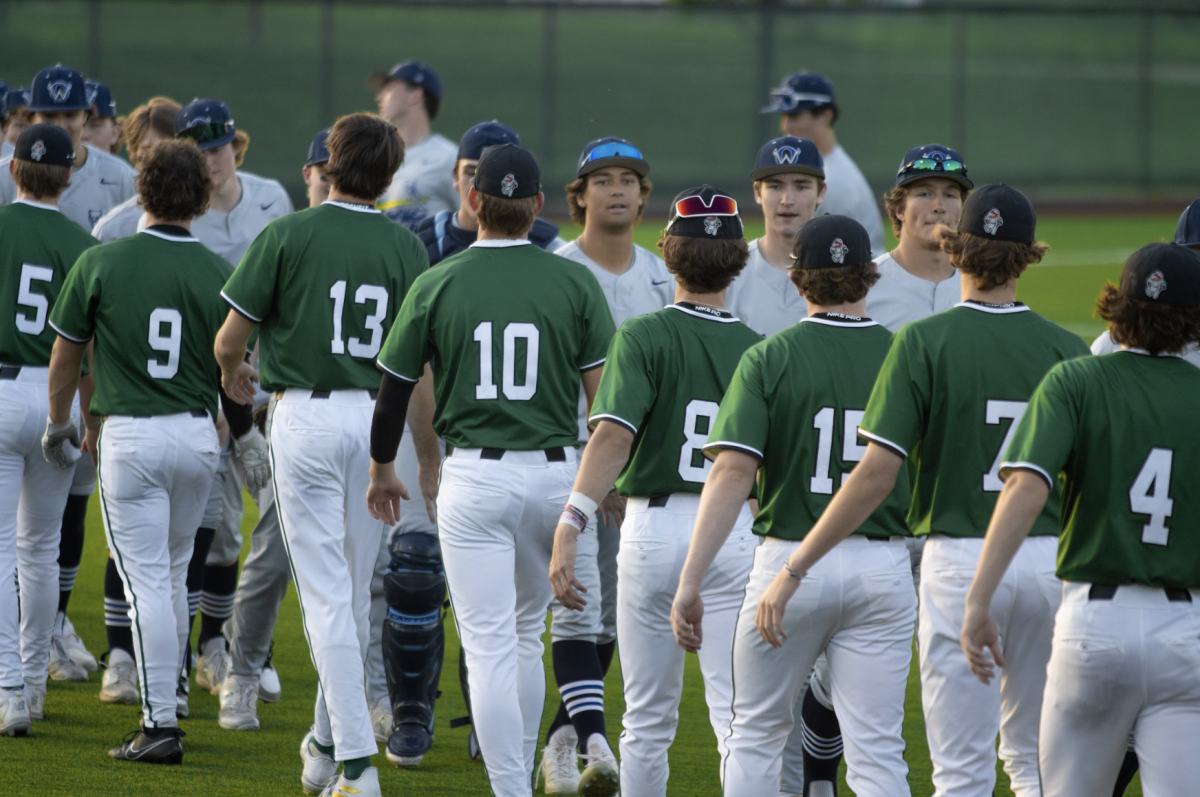

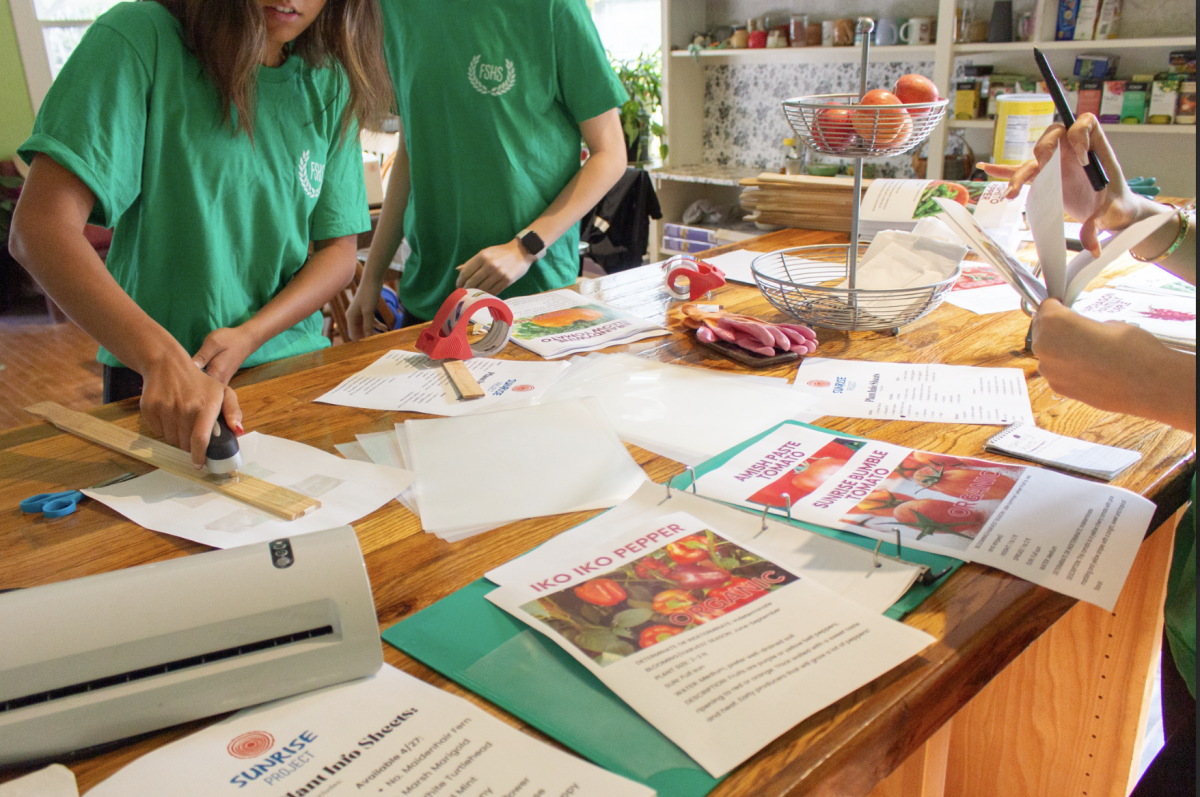

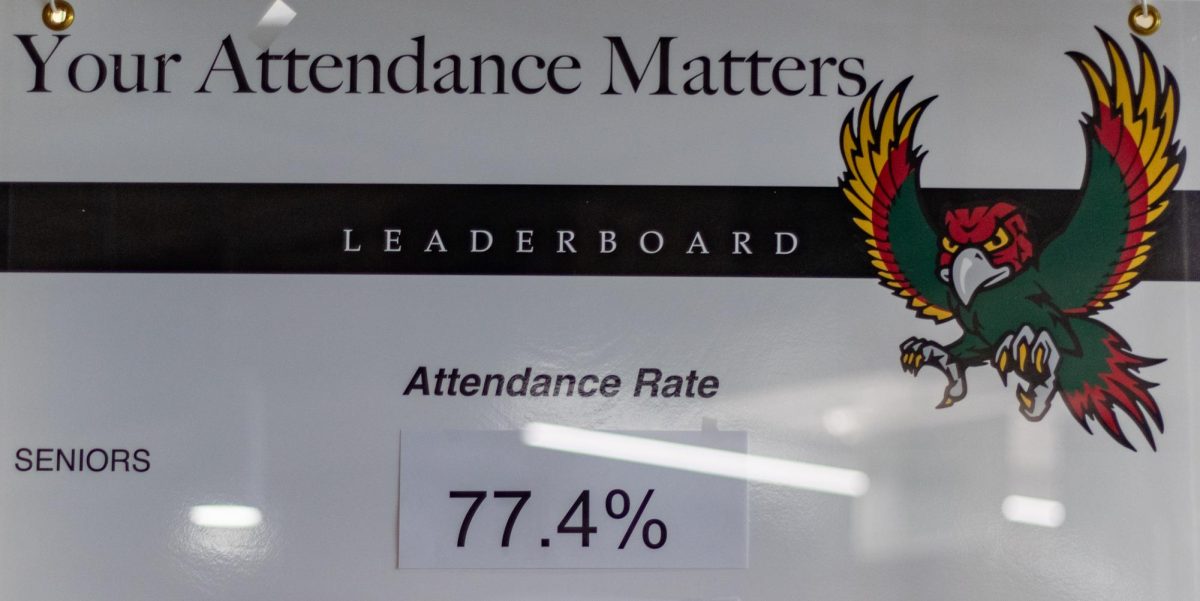
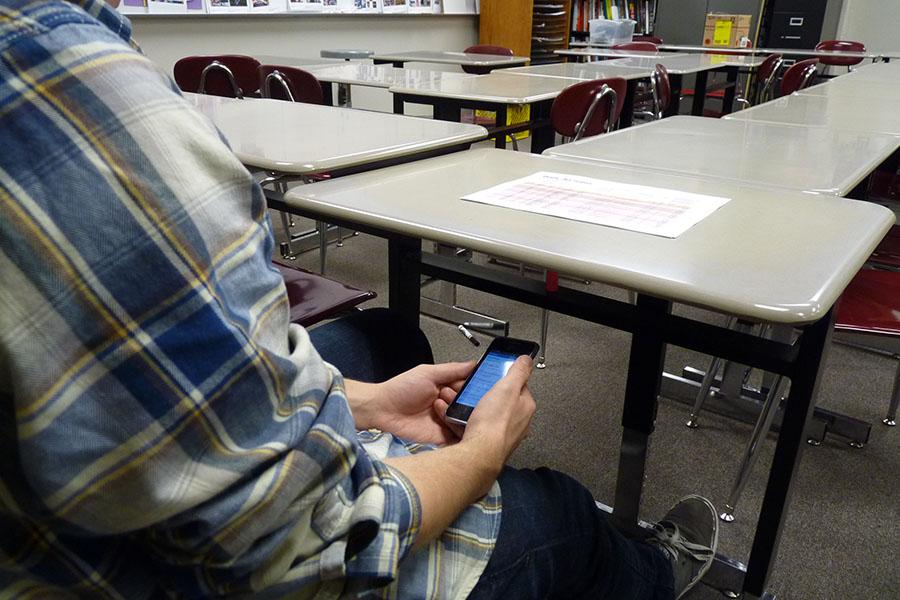

![After receiving advice from her students, orchestra director Judy Erpelding marks her music. Although the director normally makes the artistic decisions, Erpelding will often consult her students and hear their opinions on what sounds good and what they should try out. “[The students] are the heart of the program, not me,” Erpelding said. “I know they will carry that on and I will miss them. Making great music with them, being able to challenge them, taking their inspiration.”](https://www.fsfreepressonline.com/wp-content/uploads/2023/05/Roust_Erpelding_5_11_23-600x900.jpg)
